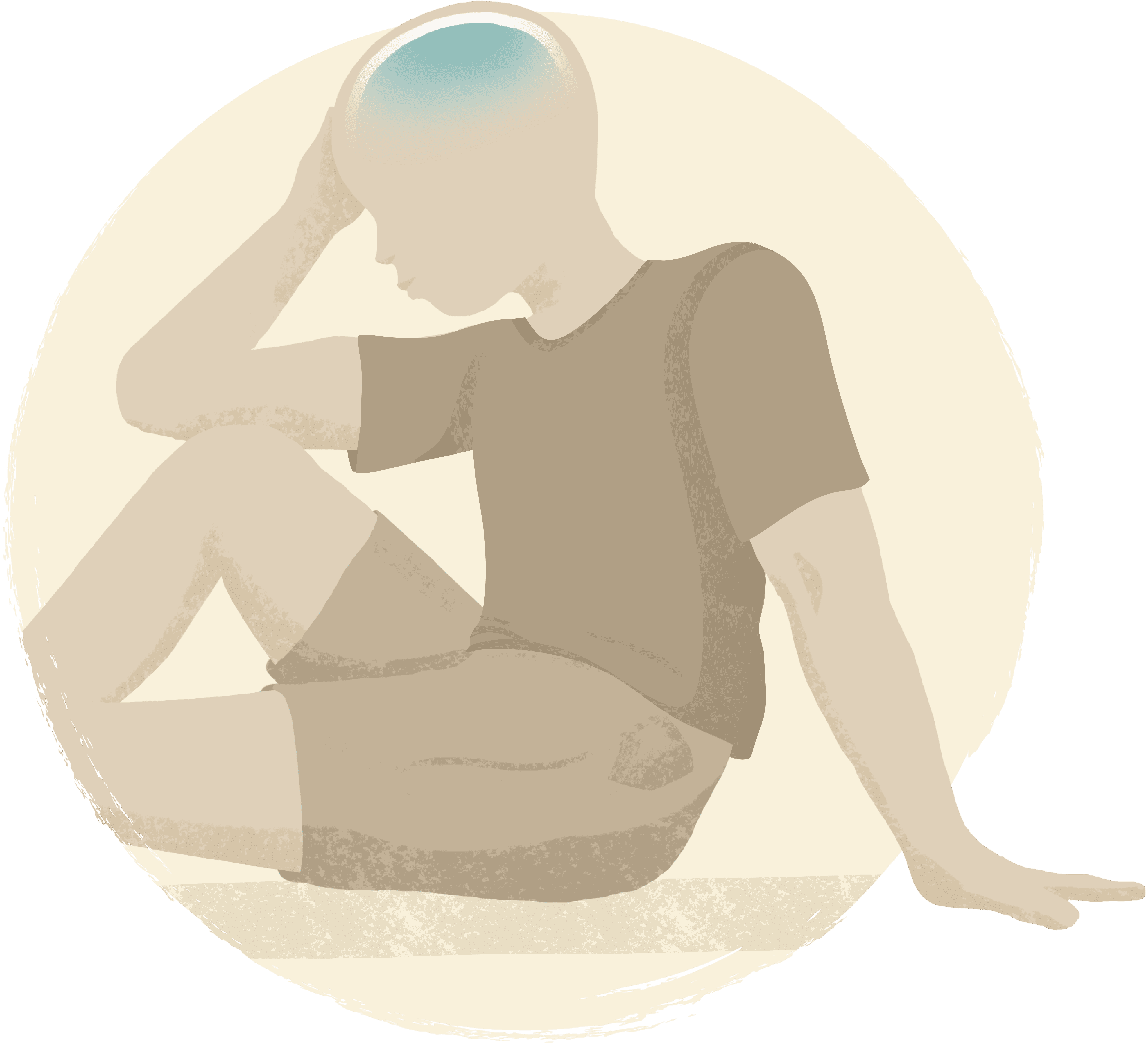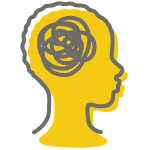Epilepsy
Epilepsy, referred to as a seizure disorder, is a neurological condition affecting the brain and causing repeated seizures. There are many different types of seizure symptoms, including loss of awareness, repeated twitching or involuntary movements, and muscle stiffening. Epilepsy is diagnosed when a patient has at least two seizures at least 24 hours apart—and there is no known cause.

What issues do children with epilepsy face?
If untreated, infants with epilepsy develop a condition called epileptic encephalopathy. Epileptic encephalopathy refers to severe epilepsies that are characterized both by seizures, which are drug resistant, and by significant development delay or loss of developmental skills.
Critical Condition

A patient with epilepsy can develop a condition called status epilepticus, which causes prolonged or multiple seizures that can lead to permanent brain injury or death.
Stigma

Children and their families often experience discrimination, leading to poor self-confidence and isolation.
Developmental delays

Neurological impacts may include lack of coordination, loss of motor function, and delayed social development.


CUREkid Spotlight, Epilepsy
Wilson | CURE Uganda
Before Surgery
Wilson’s frequent and debilitating seizures held him back in school and drew criticism from his peers. When his family learned CURE Uganda could help, they felt hope for the first time.
After Surgery
Wilson underwent a nine-hour surgery that successfully stopped his seizures. Today, he is back in school and has big dreams to become a carpenter!























